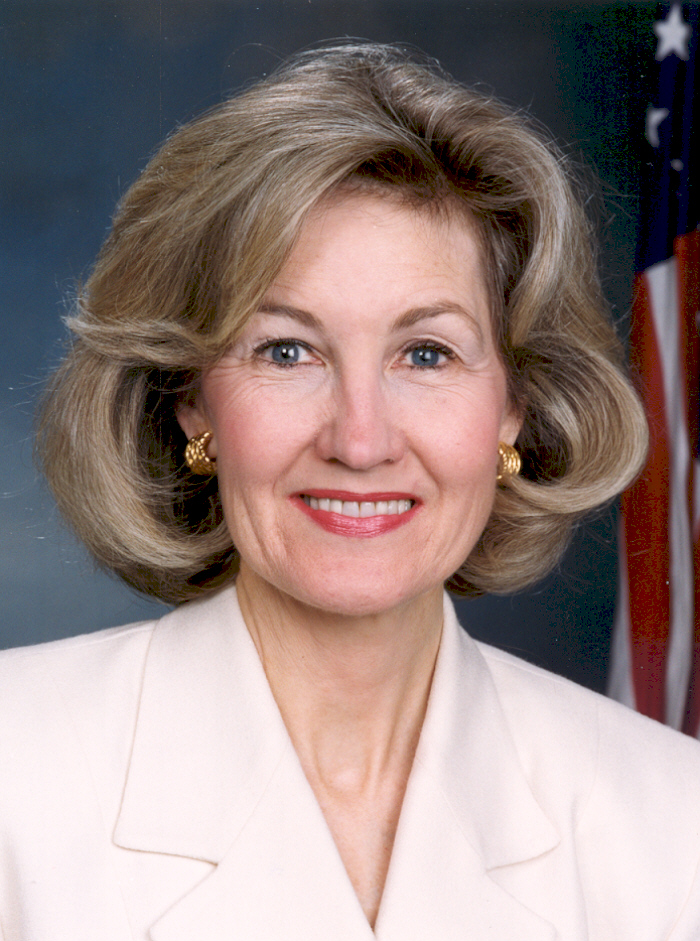Keeping Texas’ Financial Institutions Strong is Critical to Economic Recovery
 The following was sent in from Senator Kay Bailey Hutchison:
The following was sent in from Senator Kay Bailey Hutchison:
For more than a year, Democrats and Republicans on Capitol Hill have been working to craft legislation that would prevent another catastrophic financial crisis like the one we saw in the fall of 2008. We are beginning debate and working to ensure that the final legislation has bipartisan input. The memories of the divisive health care debate and the methods used to ram the health care bill through are still fresh. This bill, which will affect all aspects of our economy, is too important to be rushed and pushed through in a partisan manner.
Republicans had been attacked for speaking out against rushing this bill and asking for bipartisan negotiations before bringing the bill to the Senate floor for debate. But we held fast, and we won a major concession to remove a $50 billion bailout fund that gave the implication that the fund and the American taxpayers would cover the big institutions’ riskiest deals.
This was a critical early victory. The idea that a financial institution is ‘Too Big To Fail’ perverts free market capitalism. It suggests that large firms can privatize their profits, yet socialize their risks. These companies take their profits in good times – but when things go bad – they turn to the government to bail them out. We won assurances that this loophole language will be removed from the bill. The American people should not be forced to pay the risky gambling debts of the large financial institutions.
Now, as the debate begins, my priority will be to protect our Main Street banks. Community banks did not engage in the risky, speculative trades that contributed to the financial meltdown. Community banks have been and continue to provide credit to small businesses.
We must safeguard against creating a two-tier, bifurcated banking system that puts community banks at a competitive and regulatory disadvantage to the large financial institutions.
First, the current legislation removes community banks from the purview of the Federal Reserve, meaning that the Fed will be making monetary policy with a very narrow view. It is imperative that the Fed have a national and Main Street perspective, not just a New York, Wall Street focus. The legislation also puts our community banks, which were steady lenders during the financial crisis, at a competitive disadvantage when it comes to interest rates. I will be introducing an amendment, and hope to get bipartisan support, to allow our community banks the option of membership in the Federal Reserve.
Keeping our nation’s financial institutions strong is critical to our economic recovery. Community banks extending credit to small businesses allows those companies to create jobs. We must set politics aside and get financial regulatory reform right, and I hope we are now on the road to do just that.




Comments
The current debate in the US congress is surrealistic.
The SEC on April 28, 2004, when it allowed the US investment banks to substantially increase their leverage, it did so explicitly stating that “the consolidated computations of allowable capital and risk allowances [be] prepared in a form that is consistent with the Basel Standards”.
If there is anything that has guided the evolution of the current financial regulations, those that I have for so long sustained doomed the world to exactly the type of crisis we now have, that is the Basel Committee. Basel’s AAA-bomb was ignited on June 26 2004, when the G10 countries, which includes the US endorsed the revised capital framework for banks known as the Basel II standards.
Currently, in the over 1300 pages of financial regulations being discussed in the Congress, there is not one single reference to the Basel Committee or its standards. Can it be more surrealistic than that?<?xml:namespace prefix = o ns = "urn:schemas-microsoft-com:office:office" />